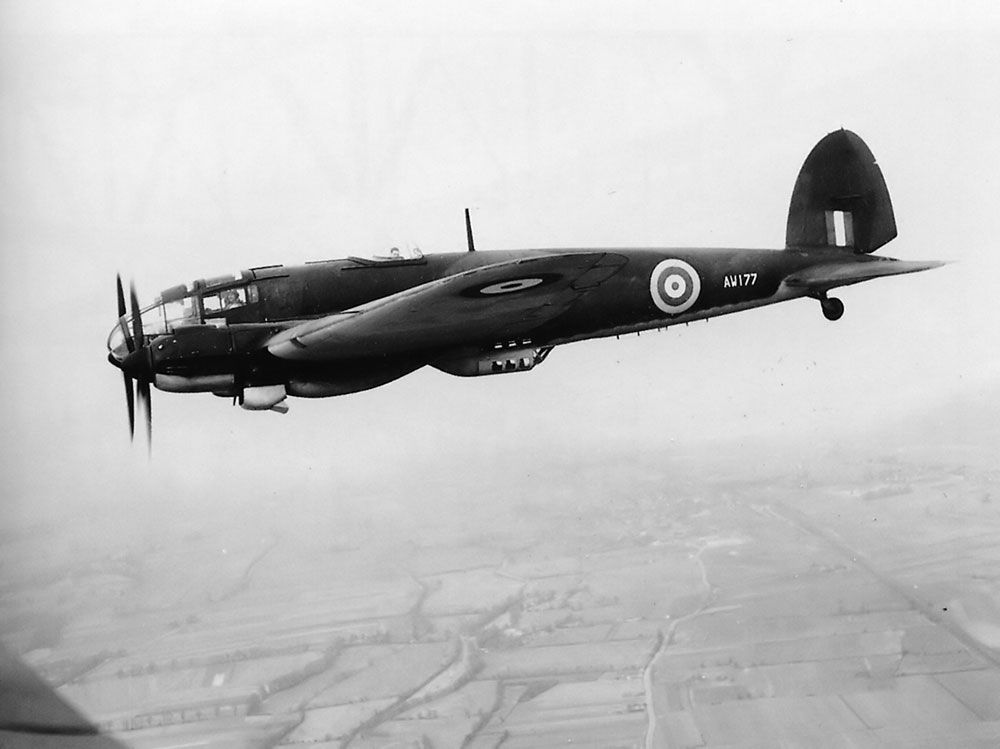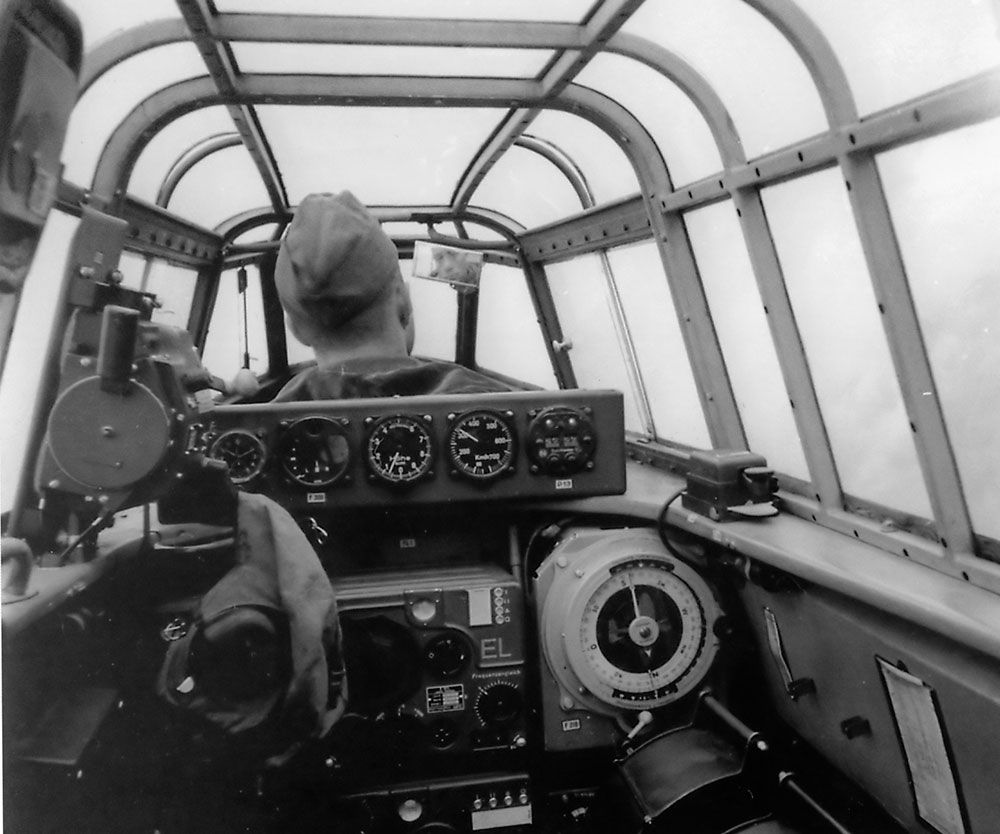Part 84.
10. Canada Hits the Target
A Canadian sergeant—one of the first batch to arrive in this country under the empire training scheme—to-day sunk a German supply ship of about 2,500 tons with a direct bomb hit on the stern. (Air Ministry Bulletin.)
WHEN I was training out in Canada we used to practise dropping small bombs on little wooden targets in Lake Ontario. And, of course, when we did so we all thought of the day when we would be dropping rather larger bombs on real targets with Germans in them. This thought didn't seem to improve my aim much, however, for try as hard as I could I never actually succeeded in scoring a direct hit on those little targets in Lake Ontario.
But the day I used to think about over in Canada has now arrived, and I am going to give you an account of it.
When we took off there weren't many clouds to give us cover, and as we got nearer to the Dutch coast the clouds grew fewer. We made our landfall and turned to fly along the coast towards the Hook. And there, about three miles out from the mouth of the river, we saw a German supply ship well down in the water as though she were carrying a heavy cargo. Because there was so little cloud cover, we were rather high up for bombing, but we decided to have a crack at it.
" We'll make a run over, anyway," said the pilot, who incidentally is also a Canadian.
I got down to the bomb-sight and started to adjust it for height and drift, while the pilot made almost a perfect run up. I only had to give him one correction in course. The ship, by the way, was firing at us by then with the gun on her bows, and several shore batteries were opening up, too. Black clouds of high explosive were forming a little way from us. The first time I saw them I didn't realise what was happening.
“Those are funny looking clouds ahead of us," I said to the pilot.
“Boy!” he replied, “those aren't clouds!”
But to continue, I was adjusting my bomb-sight and everything seemed to fit in perfectly. Just as I got the final adjustments made the ship seemed to fall plump into the sights, so I released a single heavy bomb—the first bomb I had dropped over here. The ship swung round to take avoiding action and swung her stern right under the bomb. I saw it explode, a direct hit on the stern—which was more than I ever did to those little targets on Lake Ontario.
The explosion was followed by a big cloud of black smoke. I found myself shouting with excitement. The gunner too was singing out, “It’s a hit—it's a hit!" The pilot said, “I do think you might have dropped it down her funnel."
Then there was another explosion on the ship, with a cloud of white steam this time. Her boilers had burst. I know what that looks like, because I once saw a ship's boilers burst on the Canadian lakes when I was working as a steward on an excursion steamer in the summer, to pay my way through college in the Fall.
We did not have much time to enjoy our excitement, because just then the gunner called out a warning that there were two Messerschmitts coming. I looked down, and there they were, streaking up at us. So we climbed into some cloud and flew around until we figured we'd lost them. But, just before we went into the cloud, the gunner saw that the ship was sinking rapidly by the stern.
Then we flew back to our base in England—and I had dropped my first bomb.

This HE-111 H1 coded IH+EN of II./ Kampfgeschwader 26 force-landed on the 9th of February 1940 near Dalkeith in Midlothian, after combat with a Spitfire I of 602 (City of Glasgow) Squadron. It was repaired, given RAF roundels and the serial AW177, and used for testing purposes.

The cockpit of a Messerschmitt Bf 110 from the radio operator/ rear gunners position, November 1940.